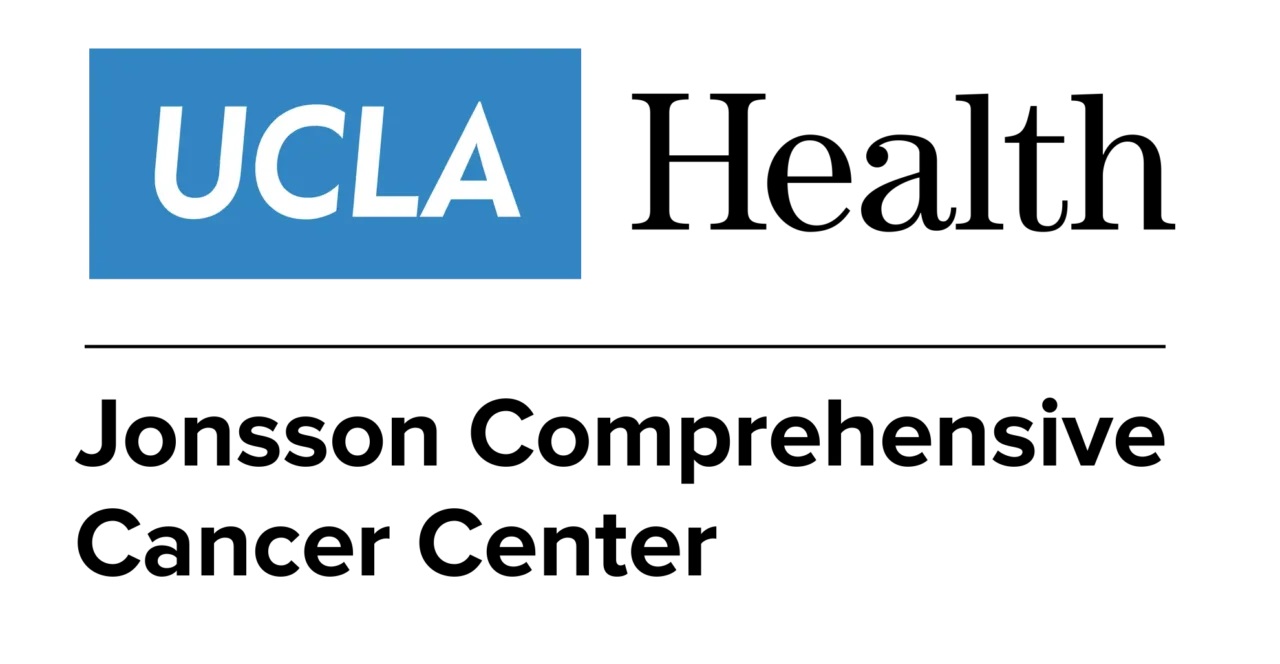Drug regimen significantly improves invasive disease-free survival for patients with stage 2 or 3 HR-positive, HER2-negative early breast cancer
A new treatment approach that combines a targeted therapy drug with hormone therapy significantly increased the amount of time a person with stage 2 or 3 HR-positive, HER2-negative early breast cancer lives without the cancer returning, according to a new study co-led by UCLA Health Jonsson Comprehensive Cancer Center investigators.
The team found adding ribociclib, a drug that belongs to a class of CDK4/6 inhibitors, to standard hormone therapy not only improved invasive-free survival in women with this type of early-stage breast cancer, but also improves distant disease-free survival and recurrence-free survival.
The results were published today in the New England Journal of Medicine and findings were presented last year at the American Society of Clinical Oncology Annual Meeting in Chicago.
“We found that adding ribociclib to the standard hormone therapy resulted in a relative reduction in the recurrence rate by as much as 25%,” said first author of the study Dr. Dennis Slamon, chair of hematology-oncology at the David Geffen School of Medicine at UCLA and director of clinical and translational research at the UCLA Health Jonsson Comprehensive Cancer Center. “And that’s huge for this the group of patients, who make up 70% to 75% of breast cancer cases.”
Many patients with this type of breast cancer are treated with surgery, and in some cases with radiation and chemotherapy, followed by endocrine therapy for up to 10 years to help reduce their risk of recurrence.
While endocrine therapy improves outcomes, there is still a risk of the cancer coming back years later after the initial diagnosis. For patients with stage 2 disease, there is a 27% to 37% risk of the cancer returning and for stage 3 disease there’s a 46% to 57% change of the cancer coming back.
To help fill this unmet need, researchers looked at adding ribociclib to endocrine therapy to see if it can improve outcomes in the early breast cancer setting.
Previously, Slamon and researchers at the UCLA Health Jonsson Comprehensive Cancer Center demonstrated this combination approach improves overall survival in both premenopausal and postmenopausal women with metastatic HR-positive, HER2-negative breast cancer.
Building on this past research, the team opened a clinical trial, called NATALEE, which enrolled 5101 patients with stage 2 or 3 HR positive, HER2 negative early breast cancer. Participants were randomly assigned to either receive ribociclib plus endocrine therapy (2549 patients), consisting of a nonsteroidal aromatase inhibitor or to receive endocrine therapy alone (2552 patients).
The median duration on study follow-up was 34 months, with three-year and two-year duration of ribociclib completed by 20% and 57% patients respectively.
At the three-year mark, the invasive disease-free survival rates were 90.4% for the combination arm, compared to 87.1% for women who were treated with only hormone therapy.
The study’s secondary endpoint, distant disease-free survival and recurrence-free survival, also favored treatment with ribociclib and endocrine therapy. The distant-free survival rates were 90.8% for the combination arm, compared to 88.6% for endocrine therapy alone. Patients on the combination had a 91.7% recurrence-free survival compared to 88.6% for endocrine therapy alone.
The side effects were similar in both groups, with the most common issues being neutropenia, arthralgia and liver-related events.
“Overall, the NATALEE trial supports support ribociclib plus endocrine therapy as a new treatment option for a much larger population of patients with HR-positive, HER2-negative early breast cancer,” said Slamon. “These findings should change how we evaluate and treat patients.”
The trial was funded by Novartis and was overseen in collaboration with Translational research in Oncology, also known as TRIO.
By Denise Heady, MA.
Proceed to the article.
Source: UCLA Health


